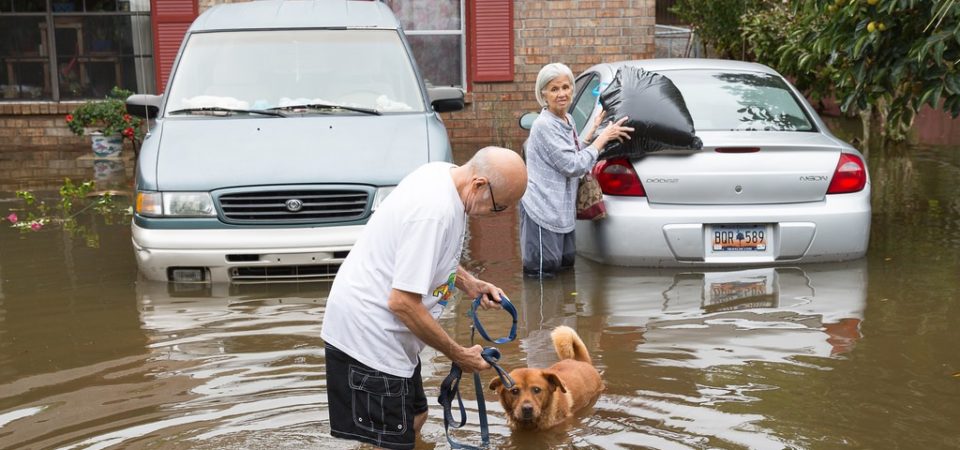Item Link: Access the Resource
Date of Publication: October 11, 2018
Year of Publication: 2018
Publication City: New York City, NY
Author(s): Malcolm Roberts
Newspaper: The New York Times
I’ve been wrestling with a chronic problem we in the insurance industry haven’t been able to crack for centuries.
It’s called denial.
I’m referring to the seemingly innate refusal of the human mind to appreciate the gravity of a potential disaster before actually experiencing one. As humans, our bias toward denial tempts us to roll the dice, buy scratch tickets, drive fast, jump off cliffs, eat fatty food, ignore our retirement funds and generally take too many chances.
We let smoke detector batteries die. We build homes in the same flood plains where our last ones were destroyed. When a monster hurricane like Michael is bearing down, some of us ignore evacuation orders thinking our grit will enable us ride it out. It happens every time.
You see denial on the macro level, too. Global companies rely on risky partners only to see their supply chains snap. Power blackouts endure for weeks because no one bothered to build a resilient infrastructure. Skyscrapers go up in flames because they have flammable cladding yet no automatic sprinklers.
Generally, people don’t respect the power of potential disasters, and they don’t adequately plan for them.
My colleagues did some research on denial a while back. Ninety-six percent of the financial executives we surveyed said their operations were exposed to natural catastrophes like hurricanes, floods and earthquakes. Yet fewer than 20 percent said their organizations were “very concerned” about such disasters hurting their bottom line.
Let’s face it. Denial is hope on steroids.
You may read the complete article here.

